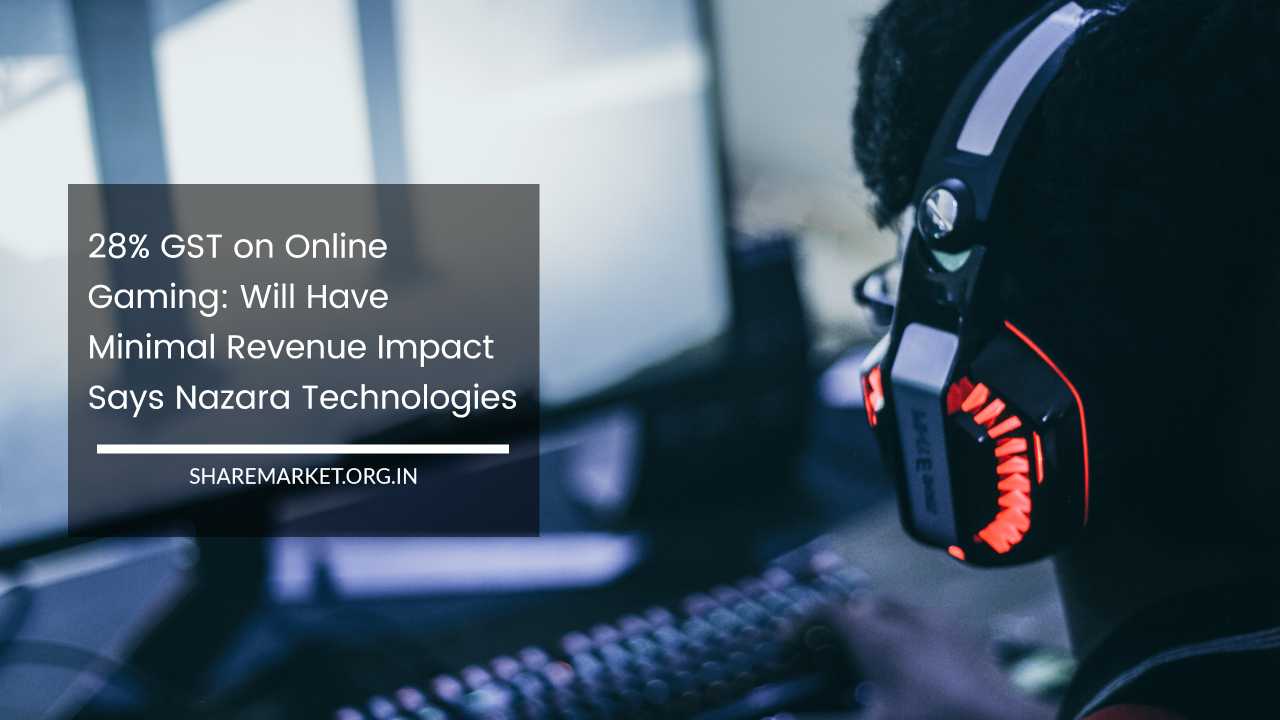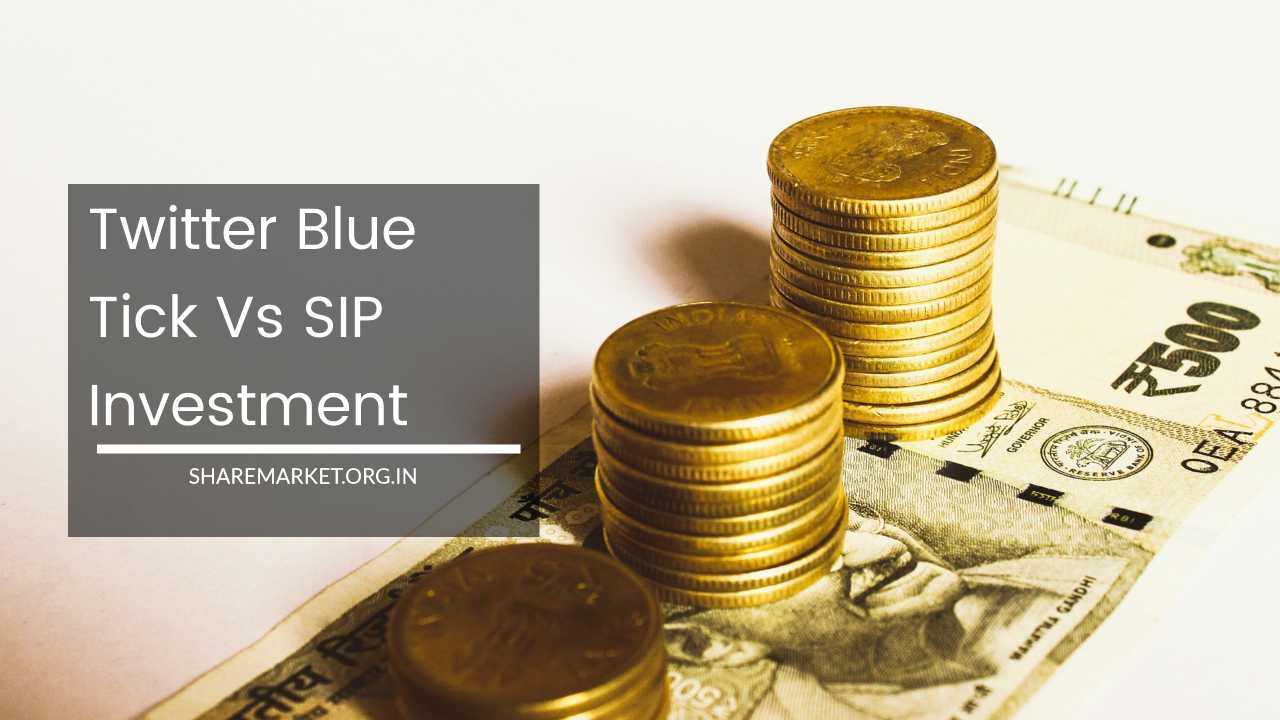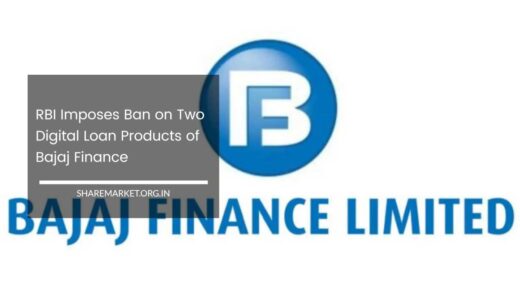28% GST on Online Gaming: Will Have Minimal Revenue Impact Says Nazara Technologies

Nazara Technologies
In the 50th meeting of the GST Council on Tuesday, a significant decision was made regarding the taxation of certain activities.
It was decided that a Goods and Services Tax (GST) rate of 28 percent would be levied on online gaming, horse racing, and casinos, without making a distinction between games of chance and skill.
Regarding online gaming, the GST Council announced on Tuesday, July 11, that a 28 percent tax would be imposed on the revenue generated from online real-money gaming.
This decision has been met with objection from various online gaming companies. However, Nazara Tech, a prominent online gaming company, has stated that the imposition of a 28 percent GST rate will have a minor impact on its revenue.
In contrast, the CEO of the All India Gaming Federation (AIGF), Roland Landers, has criticized the GST Council’s decision, describing it as unconstitutional, awkward, and flawed. Landers believes that the decision lacks proper understanding of the gaming industry and its dynamics.
Furthermore, Amrit Kiran Singh, Chief Strategy Advisor of Gamescraft Founders, expresses concerns that excessive taxes on online gaming could lead Indian gaming companies to shift their operations to other countries.
This potential shift is a result of the belief that high tax burdens may hinder the growth and competitiveness of the Indian gaming industry.
Overall, the decision to impose a 28 percent GST rate on online gaming, horse racing, and casinos has sparked a range of reactions, with online gaming companies raising objections and industry professionals expressing concerns about its potential impact on the Indian gaming sector.
Why Will There Be Less Impact on Nazara’s Revenue
Nazara Tech, a gaming company, has stated that the implementation of the 28 percent tax on online gaming will have a relatively minor impact on its revenue.
This is primarily because the tax will only be applicable to Nazara’s skill-based real money gaming segment.
According to available data for FY2023, this particular segment contributes approximately 5.2 percent to Nazara’s overall revenue.
Although the share of this segment in the company’s revenue is relatively small, Nazara Tech acknowledges the need to take proactive measures to minimize the impact of the 28 percent tax rate.
Nazara Tech currently operates popular titles such as Classic Rummy (an online rummy game) and HalaPlay (an online fantasy gaming platform).
These games fall under the skill-based real money gaming category, which is the segment subject to the newly imposed GST rate.
By being proactive, Nazara Tech aims to implement strategies and adjustments to mitigate the impact of the tax burden.
The company will likely explore various measures such as optimizing costs, improving operational efficiency, and exploring potential avenues for growth within the gaming industry.
It is worth noting that despite the relatively small share of revenue generated from skill-based real money gaming, Nazara Tech remains committed to adapting its operations to ensure the least possible difference in the face of the 28 percent tax rate.
What Other Gaming Companies Have to Say
The decision made by the GST Council to impose a 28 percent GST rate on online gaming, horse racing, and casinos has triggered protests and objections from various gaming companies within the industry.
The All India Gaming Federation (AIGF), which represents a federation of 150 online gaming companies and game developers, has raised concerns about the decision.
According to the AIGF, the suggestions put forth by most states regarding this matter were disregarded during the detailed study conducted by the GST Council.
The federation believes that the lack of consideration for their input showcases a disregard for the industry’s perspectives and concerns.
Amrit Kiran Singh, the Chief Strategy Advisor of Gamescraft Founders, expresses the opinion that the new tax regulation could have a detrimental impact on numerous successful companies in India’s startup ecosystem.
The imposition of the 28 percent GST rate on online gaming, according to Singh, has the potential to wipe out a significant portion of these companies, which have played a crucial role in driving innovation and growth within the gaming sector.
Furthermore, Singh highlights the perceived lack of coordination between different departments of the government, suggesting that the decision reflects a broader issue of disjointed decision-making within the regulatory framework.
The objections raised by gaming companies emphasize the potential negative consequences of the GST Council’s decision.
They argue that the decision overlooks the unique characteristics of the gaming industry, including the distinction between games of chance and skill.
The concerns expressed by these companies underscore the need for a more comprehensive and collaborative approach when formulating tax policies that affect the gaming sector.

















